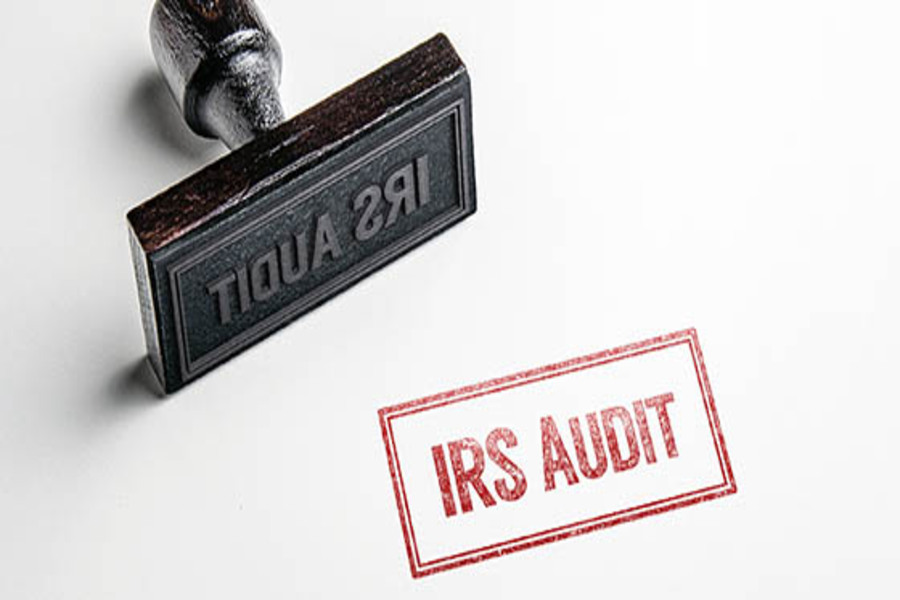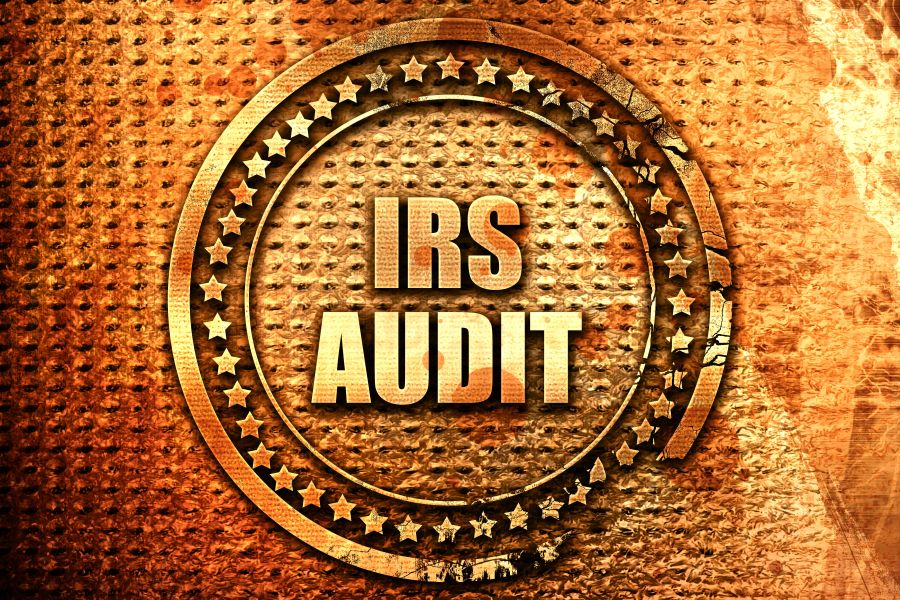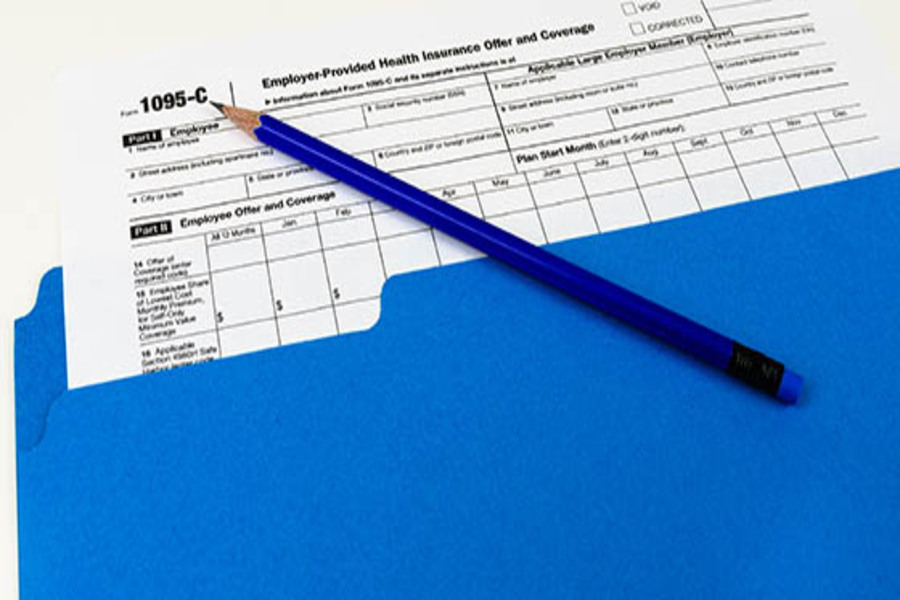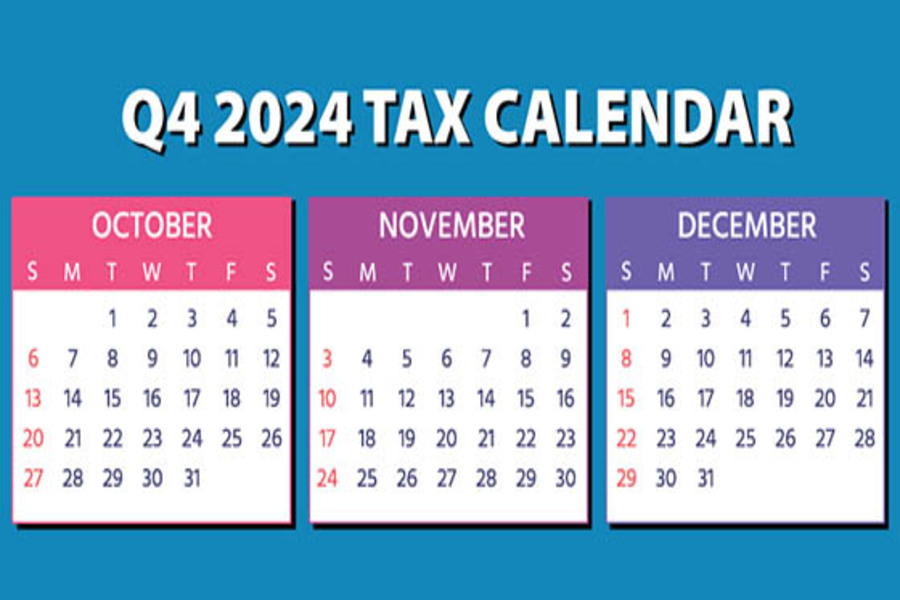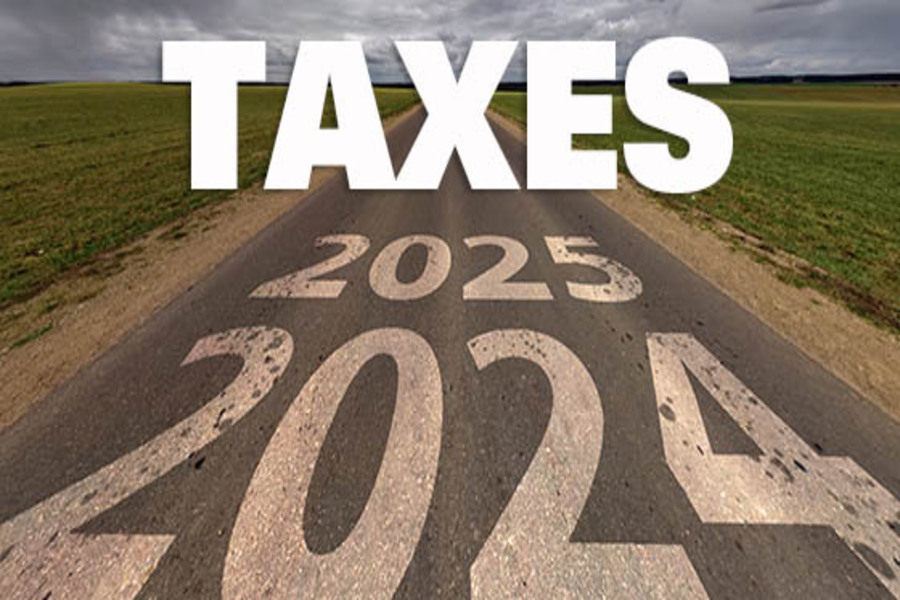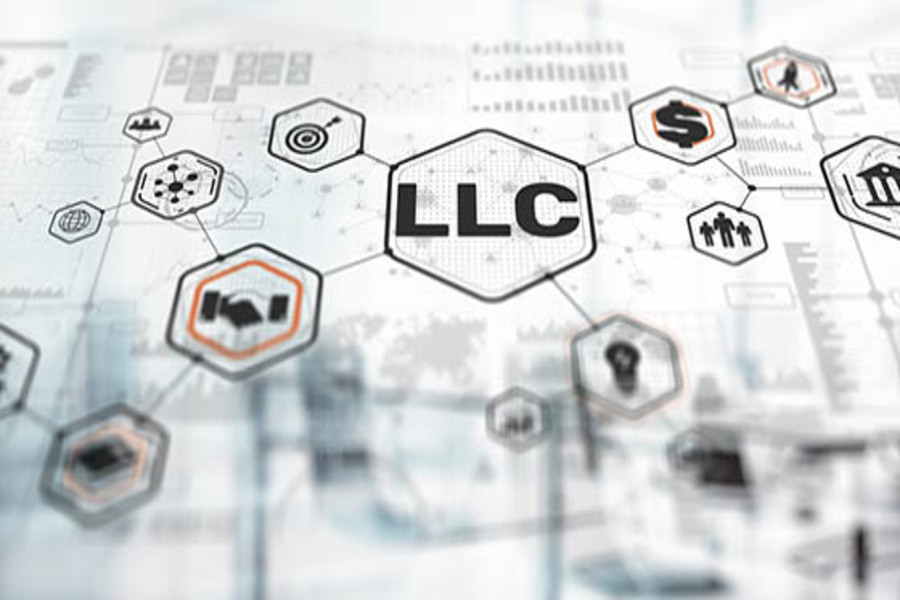The IRS has been increasing its audit efforts, focusing on large businesses and high-income individuals. By 2026, it plans to nearly triple its audit rates for large corporations with assets exceeding $250 million. Under these plans, partnerships with assets over $10 million will also see audit rates increase tenfold by 2026. This ramp-up in audits is part of the IRS’s broader strategy, funded by the Inflation Reduction Act, to target wealthier entities and high-dollar noncompliance. The IRS doesn’t plan to increase audits for individuals making less than $400,000 annually. Small businesses are also unlikely to see a rise in audit rates in the near future, as the IRS is prioritizing more complex returns for higher-wealth entities. For example, the tax agency has announced that one focus area is...

As appearing at the IRS web page entitled "IRS Audits". An IRS audit is a review/examination of an organization's or individual's books, accounts and financial records to ensure information reported on their tax return is reported correctly according to the tax laws and to verify the reported amount of tax is correct. Why am I being selected for an audit? Selection for an audit does not always suggest there's a problem. The IRS uses several different selection methods: Random selection and computer screening - sometimes returns are selected based solely on a statistical formula. We compare your tax return against "norms" for similar returns. We develop these "norms" from audits of a statistically valid random sample of returns, as part of the National Research Program the IRS conducts....
As Reported via IR-2024-263 on 10/10/2024 The Internal Revenue Service announced on 10/10/2024 continued progress on Employee Retention Tax Credit claims, with processing underway on about 400,000 claims, representing about $10 billion of eligible claims. Work on the claims for small businesses and others is ongoing as the agency continues to navigate a large volume of claims from the complex pandemic-era credit. A significant number of the Employee Retention Tax Credit (ERTC) claims came in during a period of aggressive marketing by promoters, leading to a large percentage of improper, ineligible claims. “The IRS understands the vital importance of Employee Retention Tax Credits payments for struggling small businesses, and we are continuing to make important progress on one of the most complex tax administration provisions we’ve...
Does your business require real estate for its operations? Or do you hold property titled under your business’s name? It might be worth reconsidering this strategy. With long-term tax, liability and estate planning advantages, separating real estate ownership from the business may be a wise choice. How taxes affect a sale Businesses that are formed as C corporations treat real estate assets as they do equipment, inventory and other business assets. Any expenses related to owning the assets appear as ordinary expenses on their income statements and are generally tax deductible in the year they’re incurred. However, when the business sells the real estate, the profits are taxed twice — at the corporate level and at the owner’s individual level when a distribution is made. Double taxation is avoidable,...
Employee health coverage is a significant part of many companies’ benefits packages. However, the administrative responsibilities that accompany offering health insurance can be complex. One crucial aspect is understanding the reporting requirements of federal agencies such as the IRS. Does your business have to comply, and if so, what must you do? Here are some answers to questions you may have. What is the number of employees before compliance is required? The Affordable Care Act (ACA), enacted in 2010, introduced several employer responsibilities regarding health coverage. Certain employers with 50 or more full-time employees (called “applicable large employers” or ALEs) must use Forms 1094-C and 1095-C to report information about health coverage offers and enrollment for their employees. Specifically, an ALE uses Form 1094-C to report each employee’s...
As reported via IR-2024-240 on 9/18/2024 The Department of Treasury and Internal Revenue Service issued proposed regulations to provide guidance for the Alternative Fuel Vehicle Refueling Property Credit (the tax credit related to the installation of EV chargers). The Inflation Reduction Act amended the credit for qualified alternative fuel vehicle refueling property. The changes apply to qualified alternative fuel vehicle refueling property placed in service after 12/31/2022, and before 01/01/2033. Business vs Non-Business Property Property Subject to Depreciation The credit amount for property not subject to depreciation is 30% of the cost of the qualified property placed in service during the tax year. The credit is limited to $1,000 per item of non-depreciable property Property Not Subject to Depreciation The credit amount for depreciable property is 6% of the cost of the...
Here are some of the key tax-related deadlines affecting businesses and other employers during the fourth quarter of 2024. Keep in mind that this list isn’t all-inclusive, so there may be additional deadlines that apply to you. Contact us to ensure you’re meeting all applicable deadlines and to learn more about the filing requirements. Note: Certain tax-filing and tax-payment deadlines may be postponed for taxpayers who reside in or have a business in a federally declared disaster area. Tuesday, October 1 The last day you can initially set up a SIMPLE IRA plan, provided you (or any predecessor employer) didn’t previously maintain a SIMPLE IRA plan. If you’re a new employer that comes into existence after October 1 of the year, you can establish a SIMPLE IRA plan...
When drafting partnership and LLC operating agreements, various tax issues must be addressed. This is also true of multi-member LLCs that are treated as partnerships for tax purposes. Here are some critical issues to include in your agreement so your business remains in compliance with federal tax law. Identify and describe guaranteed payments to partners For income tax purposes, a guaranteed payment is one made by a partnership that’s: 1) to the partner acting in the capacity of a partner, 2) in exchange for services performed for the partnership or for the use of capital by the partnership, and 3) not dependent on partnership income. Because special income tax rules apply to guaranteed payments, they should be identified and described in a partnership agreement. For instance: The partnership generally deducts guaranteed...
With Labor Day in the rearview mirror, it’s time to take proactive steps that may help lower your small business’s taxes for this year and next. The strategy of deferring income and accelerating deductions to minimize taxes can be effective for most businesses, as is the approach of bunching deductible expenses into this year or next to maximize their tax value. Do you expect to be in a higher tax bracket next year? If so, then opposite strategies may produce better results. For example, you could pull income into 2024 to be taxed at lower rates, and defer deductible expenses until 2025, when they can be claimed to offset higher-taxed income. Here are some other ideas that may help you save tax dollars if you act soon. Estimated...
Choosing the right business entity is a key decision for any business. The entity you pick can affect your tax bill, your personal liability and other issues. For many businesses, a limited liability company (LLC) is an attractive choice. It can be structured to resemble a corporation for owner liability purposes and a partnership for federal tax purposes. This duality may provide the owners with several benefits. Like the shareholders of a corporation, the owners of an LLC (called members rather than shareholders or partners) generally aren’t liable for business debts except to the extent of their investment. Therefore, an owner can operate a business with the security of knowing that personal assets (such as a home or individual investment account) are protected from the entity’s...


